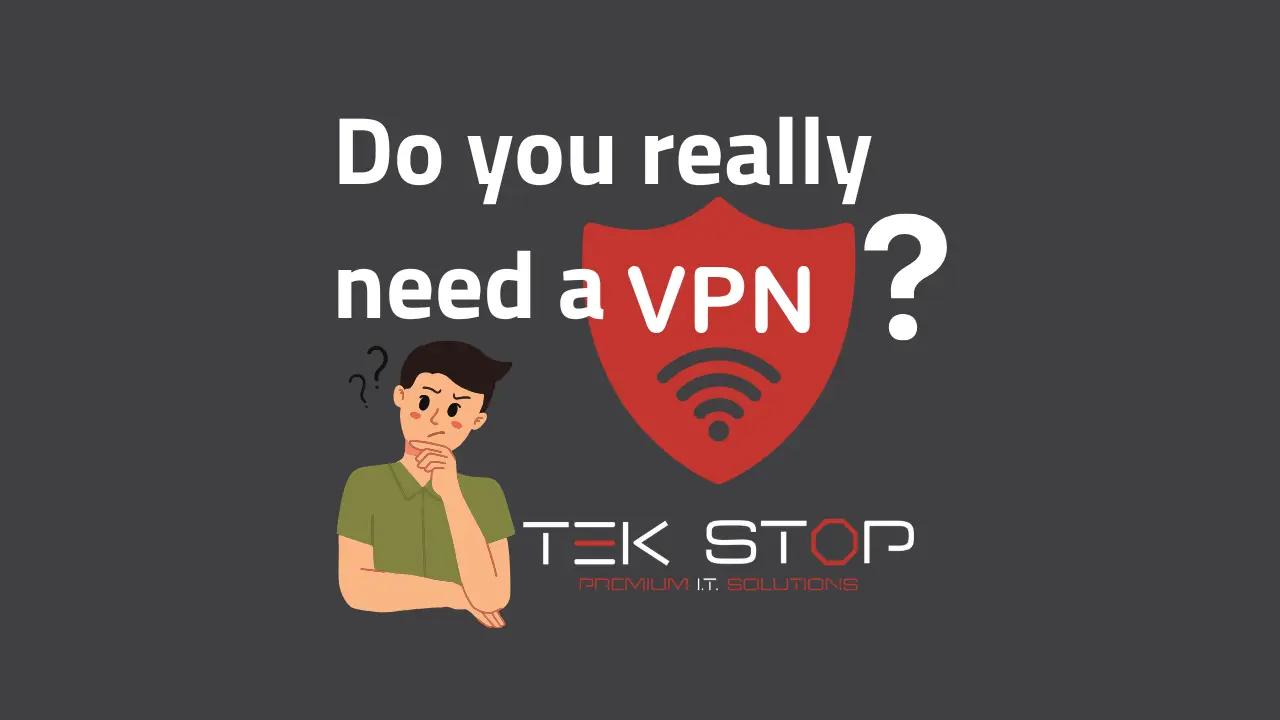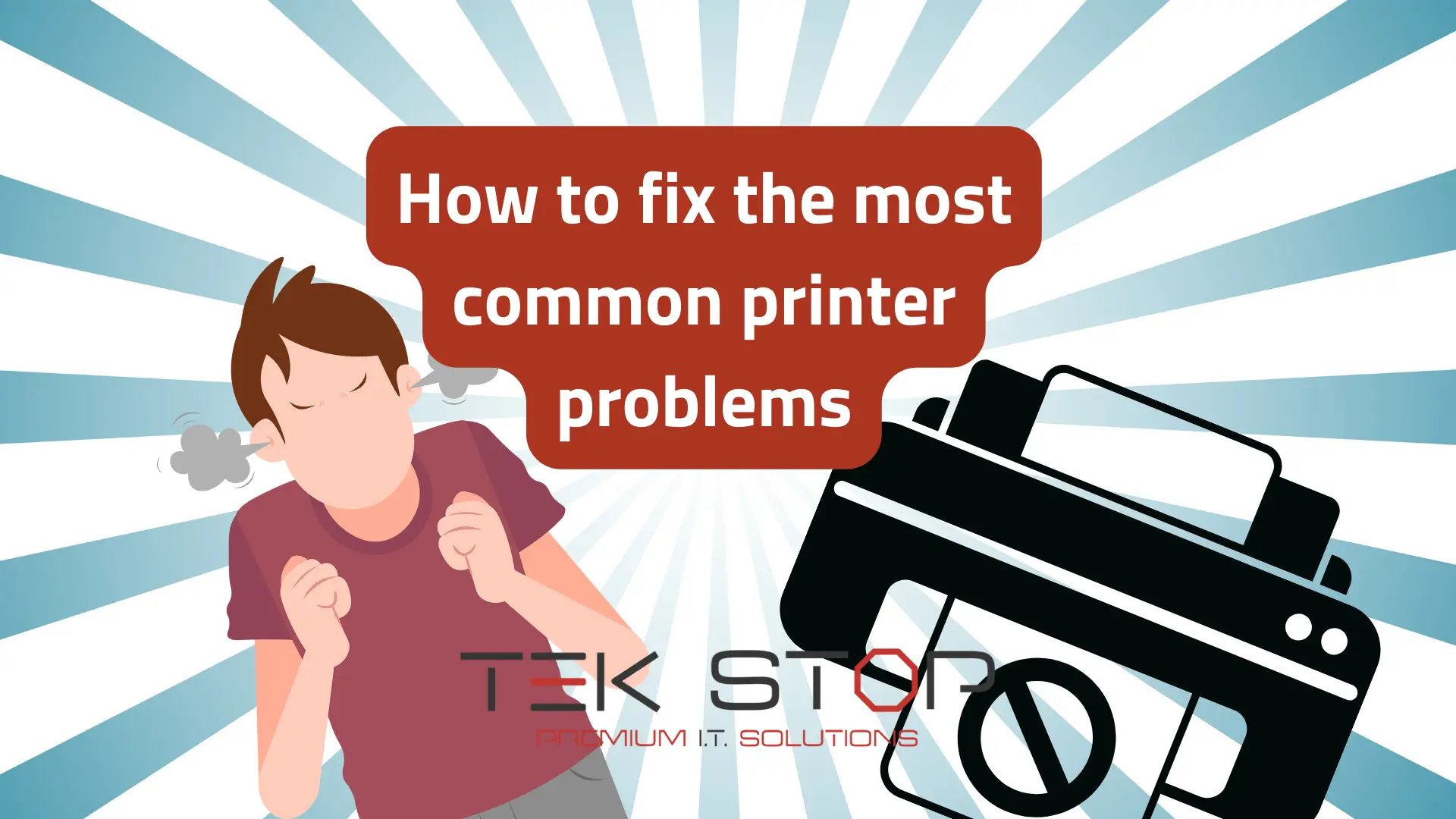Top 5 reasons why your small business needs cyber security consulting
Your small business needs cyber security consulting. That’s a bold claim for us to make – or is it? You may believe cyber security consulting is only for large corporations, but that’s a dangerous way of thinking in today’s cyber landscape. Why is cyber security so important? Here are the top 5 reasons your small business needs cyber security consulting today.
1 – Technology is an asset, not a liability
Since we’re talking about cyber security, your first instinct might be to get rid of as much technology in your small business as possible. But that’s the wrong move! Instead, take steps to ensure technology is your greatest asset. It doesn’t need to be a liability. And let’s face it – you can’t effectively run a business today without sufficient technology.
With the fast-paced change brought by technology, how can you avoid it becoming a liability? That’s where cyber security consulting in your small business comes into play.
2 – Cyber security is a moving target
You may have heard the phrase, “It’s a journey, not a destination.” That has never been truer as it is with cyber security. When you really think about it, it becomes obvious. Cyber criminals are intelligent people, just like us. They are as skilled, and sometimes more skilled, as the people working so hard to defend us.
That’s why hiring a consultant is so important. They will be able to help you continue to adapt and keep up with the changes in cyber security. No longer can you protect your business with “set it and forget it” solutions.
3 – Cyber threats are constantly evolving
Hackers and cyber criminals are persistent. They constantly improve their methods of attack and work to defeat new methods of security.
With that in mind, you can see why we recommend hiring a consultant to help your small business through the process of cyber security. Simply put, it’s impossible for the average business owner to keep up with all the changes. A professional consultant lives and breathes cyber security. They will guide you in protecting your business so you can focus on what you do best.
4 – Small businesses have smaller cyber security budgets
And the cyber criminals take advantage of this fact! They understand that small businesses often don’t invest as heavily in protecting their digital assets. This makes them easy targets.
Although you may not have the budget for a qualified, full-time, IT department – you have options. Outsourcing your I.T. and cyber security needs to a professional consultant is one of the best moves you can make. This is an affordable way to protect your business and your livelihood.
5 – Your employees need training
Another one of your biggest assets (and biggest liabilities) is your staff. But it’s up to you where they land – helping protect your business or becoming a vulnerability. A cyber security consultant for your small business will help ensure that everyone is properly trained. Not only will your management staff be trained, but so will your employees. That way, they can become one of the best parts of securing your business.
Small businesses need to invest in cyber security
Things have changed. Cyber-attacks against small businesses are through the roof! It is more important now than ever before that you invest in cyber security.
What is cyber security, really? How can you improve on your business cyber security? You’re already taking the first step by educating yourself with articles such as this one. The next best move is to take our business risk quiz and schedule a consultation. In just 2 minutes, you can find out how your business may be at risk.
Don’t wait – begin your journey today!
Recent Posts
What is the best VPN and do you even need one?
You have probably seen the ads about using a VPN
Is Sparklight Down? How to tell if your internet connection is working.
Feeling disconnected? It's frustrating when your Sparklight internet goes down.
Common Printer Problems and How to Fix Them
You hit print, eager to get that concert ticket in






